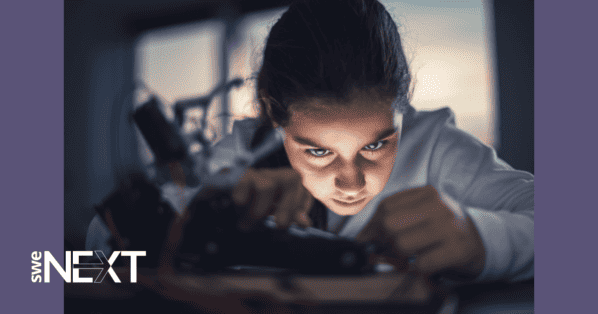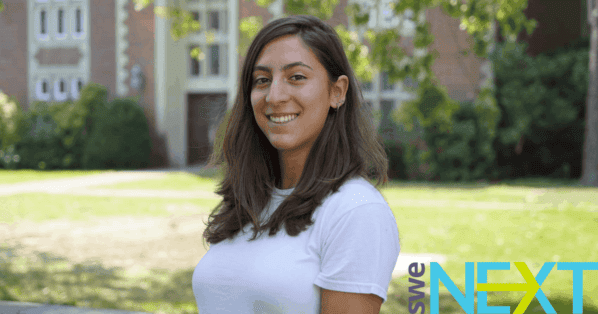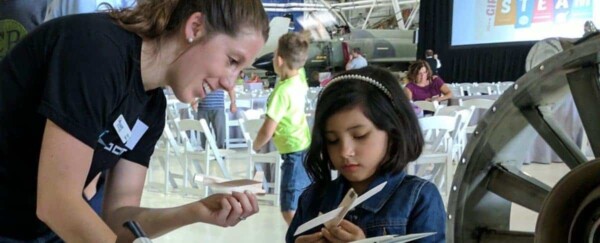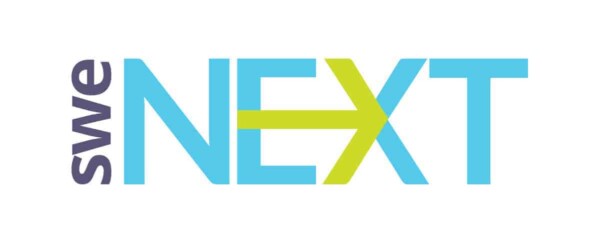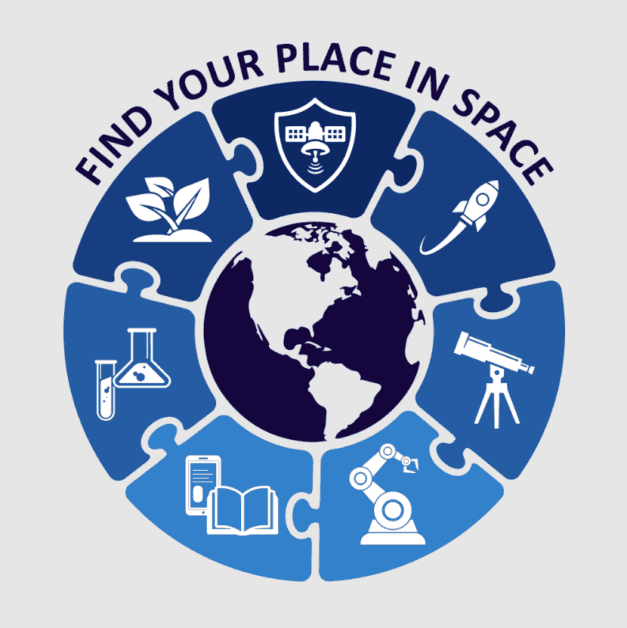
Educators play a crucial role in unlocking a girl’s potential for space careers. Encouraging girls to pursue their interests in STEM subjects and exposing them to the possibilities of space exploration can help them see themselves as future space scientists, engineers and astronauts.
Educators can also play an important role in addressing any biases or stereotypes that might discourage girls from pursuing space-related careers. With the right support and guidance at the right time, girls can reach for the stars and achieve their dreams of working in the space industry. Let’s ensure that every girl has the resources and encouragement to follow her passions and make her mark in the world of space exploration.
The Society of Women Engineers (SWE) is bringing together a panel of educators to discuss the challenges and opportunities surrounding creating inclusive classrooms and inspiring the next generation of female scientists, engineers and astronauts. This event is presented in conjunction with The National Space Council’s Find Your Place in Space Week.
This virtual event will take place April 10 from 6-7 p.m. U.S. Central Time.
Meet The Panelists
Panelist: Lalitha Murali
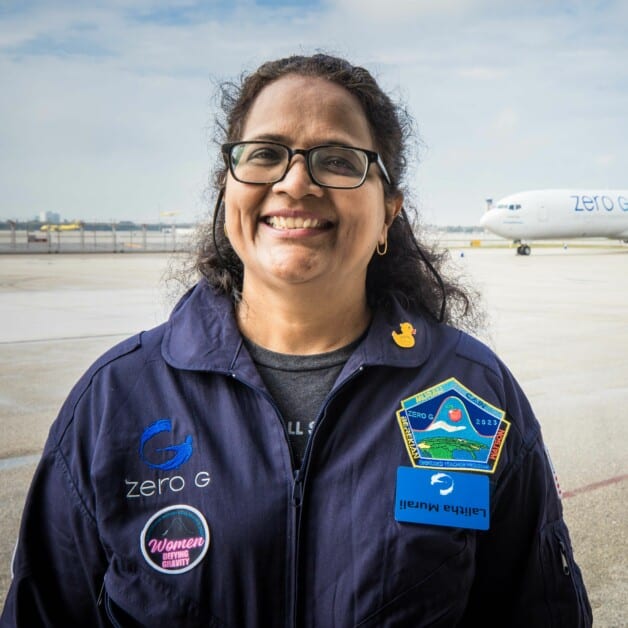 Lalitha Murali is a gifted and talented teacher for the Glendale River-Hills School District. Sixteen years ago, when she started her job as a gifted and talented teacher, she noticed that there were only a handful of immigrant and minority children in the gifted programs. Lalitha’s belief is that given the right resources and experiences, every child can reach their true potential.
Lalitha Murali is a gifted and talented teacher for the Glendale River-Hills School District. Sixteen years ago, when she started her job as a gifted and talented teacher, she noticed that there were only a handful of immigrant and minority children in the gifted programs. Lalitha’s belief is that given the right resources and experiences, every child can reach their true potential.
Through starting educational outreach programs and organizing workshops, she started to reach out to the underrepresented groups in her school and in her community. Today, she has strong advanced-level programming for all of her students where more minority and immigrant children are participating.
Lalitha was chosen as one of the top 20 Women of Influence Awardees in Wisconsin for her educational leadership in 2017. She was also chosen as one of the top 21 International Rotary Peace Fellows in 2019 and spent three months in Thailand. She is one of the 2023 Kohl’s Fellows for her skill as a leader and agent for positive change and her superior ability to inspire a love of learning. Her commitment to advancing STEM education has earned her recognition as the 2023-24 Globant STEM Award Winner for the Inspiring Leader Category for the USA and Canada region.
Panelist: Robin Houston
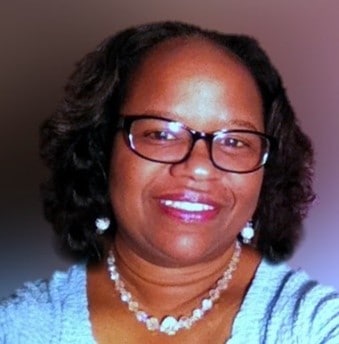
Robin Houston is credited with founding, assisting, and supporting extracurricular STEM clubs for over fourteen years. She began her focus on developing quality STEM opportunities for students in PGCPS elementary schools as the result of looking for challenging extracurricular activities for her daughter.
In 2011, Robin founded simultaneous engineering clubs at two elementary schools. Two years later, she transitioned to robotic clubs on the elementary and middle school level. In addition to using curriculums from First Lego League and Society of Automotive Engineers, Robin has developed and implemented original curriculums for real-world Project Based Learning units.
In 2021, Robin and her daughter, an aerospace engineer, created the FIRE Rocket Challenge. Robin is currently serving as the co-founder, mentor and coach of the FIRE Rocket Challenge which exposes middle and high school students to aerospace engineering via rocketry competitions. The rocket program was founded from a desire to introduce underrepresented young people to the rich experiences her daughter enjoyed as an international competitor on the US Junior Space Modeling Team (FAI).
Robin currently serves as the Assistant Junior Team Manager for the US Junior Space Modeling Team, the Advisor of Programs and Initiatives for FIRE STEM/FIRE NSBE Jr., a member of the NSBE Aerospace SIG Outreach Programs and chairs the American Institute of Aeronautics and Astronautics K-12 Diversity Subcommittee.
The FIRE Rocket Challenge program operates under the FIRE STEM K-12 STEM Education nonprofit and collaborates with the NSBE Aerospace Special Interest Group and Estes Rockets. Robin earned a Bachelor of Arts in Special Education from The George Washington University, a Master of Arts in Deaf Education from Gallaudet University, and an Administration I Certification from McDaniel College.
Panelist: Roxy Williams
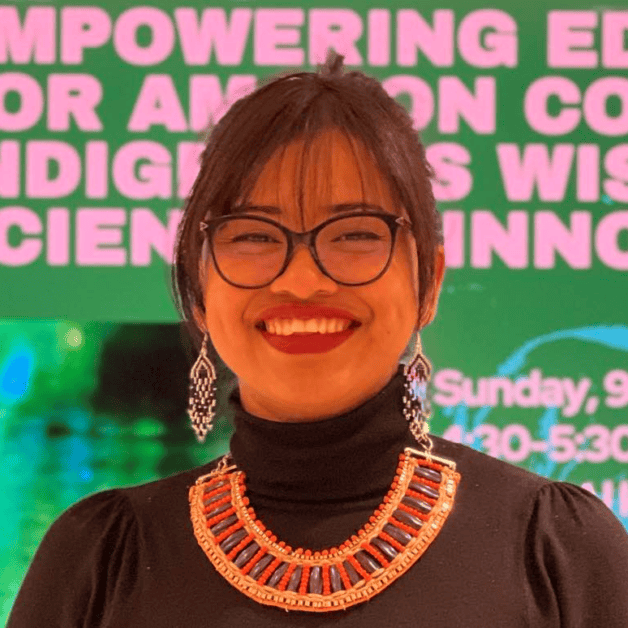 Roxy Williams is afro-indigenous and in her senior year of studying software engineering at the Latin American University of Science and Technology in Costa Rica. Roxy holds various leadership roles in the space sector. She is the Regional Coordinator for North, Central America, and the Caribbean in the Space Generation Advisory Council (SGAC). Roxy has led two training courses: an introduction to space engineering and a course on CubeSat mission designs. She also founded The Black Panthers, an empowerment group for vulnerable communities in space.
Roxy Williams is afro-indigenous and in her senior year of studying software engineering at the Latin American University of Science and Technology in Costa Rica. Roxy holds various leadership roles in the space sector. She is the Regional Coordinator for North, Central America, and the Caribbean in the Space Generation Advisory Council (SGAC). Roxy has led two training courses: an introduction to space engineering and a course on CubeSat mission designs. She also founded The Black Panthers, an empowerment group for vulnerable communities in space.
Roxy led a sub-team within a project designing a Mercury sample return mission, focusing on the command & data handling and communications subsystems of the spacecraft design. She is also the lead of the Diversity in Astronaut Selection (DIVINAS) project which has two sub-projects; one focused on creating and experiments for parastronaut, and another that is focused on analyzing astronaut profile evolution to propose diverse ways of selecting astronauts. Last year, Roxy alongside her team won the Space Station Design Workshop competition organized by the Institute of Space Systems of the University of Stuttgart, where her team’s design was recognized as the best. Roxy’s expertise in the team was on the communications subsystem.
Additionally, Roxy collaborated with the Brazilian Institute of Space Research on a CubeSat project, received training in CubeSat subsystems, and worked on a Lunar Hospital design during virtual analog astronaut training. She co-designed an app for shelter site selection in Nicaragua and Central America using Sentinel-1 data and received two global awards for her space contributions: the SGAC Pioneer award and the IAF Emerging Space Leader award.
Panelist: Diana Alsindy
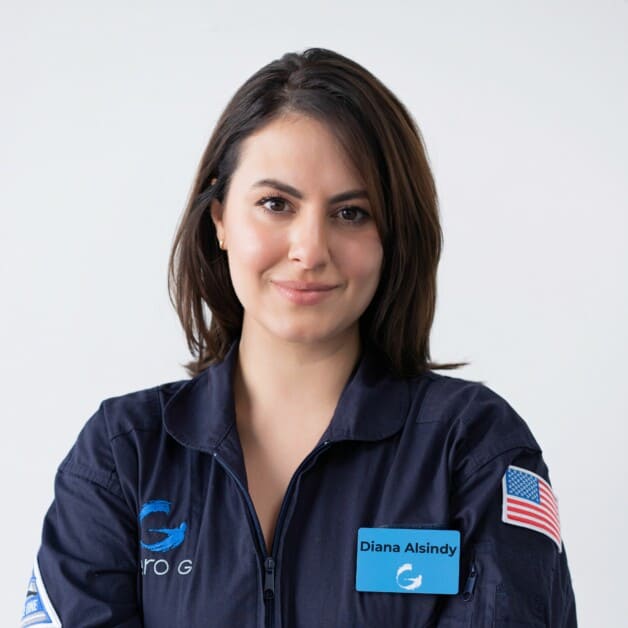 Diana Alsindy is a propulsion engineering manager, a bilingual science communicator, a passionate educator, and a storyteller. She leads a team of engineers building the next rocket to the moon with Blue Origin. Diana is an Iraqi refugee residing in Los Angeles; she fled Iraq in 2004 with her family. She is the founder of The Arabian Stargazer, a bilingual educational platform that promotes science and space in the MENA region. Her platform is popular in the Middle East with more than 250,000 followers. She has been featured on multiple media outlets, and her science content has reached over 8 million views.
Diana Alsindy is a propulsion engineering manager, a bilingual science communicator, a passionate educator, and a storyteller. She leads a team of engineers building the next rocket to the moon with Blue Origin. Diana is an Iraqi refugee residing in Los Angeles; she fled Iraq in 2004 with her family. She is the founder of The Arabian Stargazer, a bilingual educational platform that promotes science and space in the MENA region. Her platform is popular in the Middle East with more than 250,000 followers. She has been featured on multiple media outlets, and her science content has reached over 8 million views.
Diana is passionate about space exploration and education accessibility. She advocates for language equity in science and often engages in international outreach missions. She frequently hosts lectures and seminars with schools that do not have access to engineering resources. She is also a keynote speaker who engages the audience inclusively through multiple topics such as space exploration, engineering, science communication, digital accessibility, languages in science, and the role of social media in education. She aspires to continue paving the way to space and advocate for others to look up!
Moderator: Enanga Daisy Fâlé
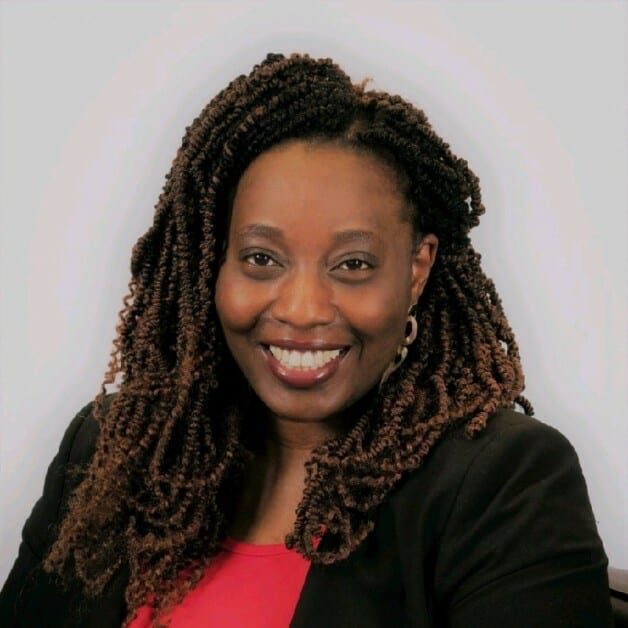 Enanga Daisy Fâlé is an engineering leader, new tech adopter, and global engineering advocate who relishes opportunities to drive technological advancement. Fâlé holds a B.S. in electrical engineering from St. Cloud State University with a concentration in aviation operations and a master’s in systems engineering, with a certificate in human-computer interaction from Iowa State University.
Enanga Daisy Fâlé is an engineering leader, new tech adopter, and global engineering advocate who relishes opportunities to drive technological advancement. Fâlé holds a B.S. in electrical engineering from St. Cloud State University with a concentration in aviation operations and a master’s in systems engineering, with a certificate in human-computer interaction from Iowa State University.
She works for Northrop Grumman as a senior system engineering manager of a systems engineering and integration department and the immersive systems visualization lab. Her activities have included leading model-based systems engineering strategies, launching the formal stand-up of a systems integration function, institutionalizing visualization technologies for applied system effectiveness analysis, expanding visualization technology utilization, and serving as a Tech Fellow.
Fâlé has management and engineering design experience with Collins Aerospace in flight management, datalink communications, and aircraft power systems across global teams. She also operated as site leader, systems engineering subject matter expert, and engineering manager for the Internet of Things and new tech insertions with Laird Technologies across biomedical, aerospace, and industrial applications. Fâlé extended her technical and leadership expertise as a community college educator in electrical and computer engineering technology programs or through appointments on engineering educational review boards focusing on a curriculum’s industry relevance.
Fâlé aims to promote measurable workplace equity and pipeline development across all communities globally. She leverages her experiences across engineering societies, industry, academia, and capacity-building projects to support scaling outreach programs and increasing career pathway support to help communities be at the forefront of technological innovation.
Fâlé’s recent contributions to the Society of Women Engineers have centered on technical development and removal barriers to innovation. She is the co-founder of the technical career path affinity group and the SWE board of directors leader responsible for our society committees focused on Pre-college outreach support and students programs. Fâlé is NSBE’s director Aerospace Special Interest Group (SIG), driving industry access, pre-college initiatives, and technical development across the US, Africa, and the Caribbean for close to six years and has been engaged as a SIG committee leader for twelve years focusing on aviation and space development projects across Africa. She also holds membership in the American Institute of Aeronautics and Astronautics and the International Council on Systems Engineering.
Register for the Event
Author
-

SWE Blog provides up-to-date information and news about the Society and how our members are making a difference every day. You’ll find stories about SWE members, engineering, technology, and other STEM-related topics.


